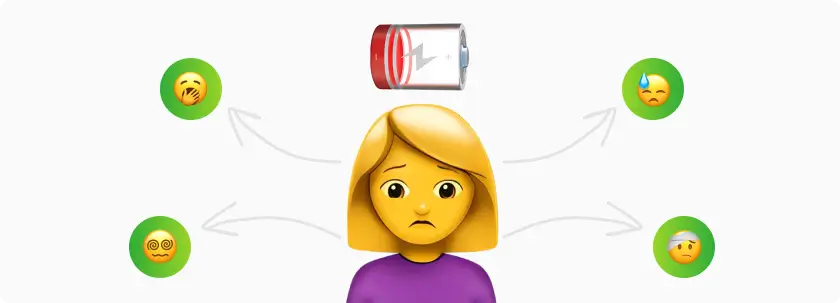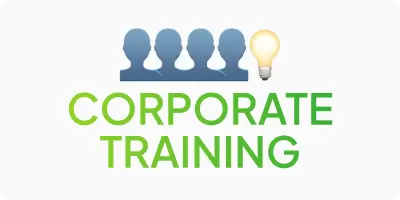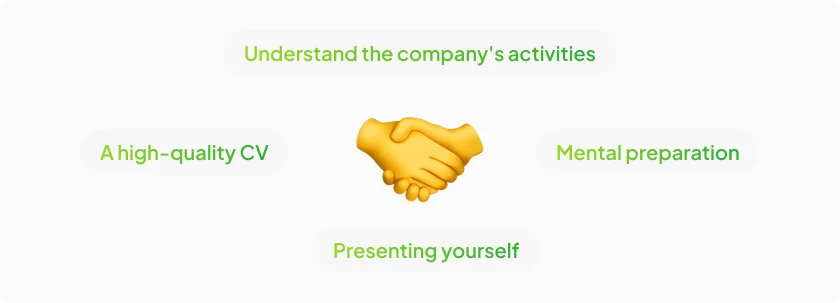
All people want to feel comfort and peace both in life and at work. Every employer wants his business to flourish, and employees perform all their tasks on time and skillfully. However, it so happens that between these desires stands professional burnout. This is a phenomenon that arises from misunderstanding, excessive work and stress. As a result, the company may lose money due to the inability of an employee to perform work effectively, and a person loses the opportunity to enjoy life and feel joy.
Understanding professional burnout
To effectively deal with the problem of burnout of employees, it is necessary to understand and see the first signs and symptoms of emotional exhaustion. After all, you can even sit next to a colleague for more than one month and not understand what exactly is happening to him. Sometimes a person himself does not realize that he may have emotional burnout.
Many of us dismiss the first signs, writing it off as a simple lack of sleep or a bad mood. However, this can not be done, especially if the period of “bad mood” lasts more than Sunday.
Consider the five first and main signs of professional burnout:
The first sign is chronic fatigue and emotional exhaustion
You constantly feel a lack of energy, even after sleeping or resting. Easily get tired, even with minimal loads. You cannot emotionally react to any events in your life or control them, especially if you lack a sense of joy and satisfaction from the outside world.
The second sign is cynicism and negativism
You become more cynical, indifferent to work and others. You cannot and do not want to communicate with your loved ones, friends or colleagues. You do not care about the problems and consequences of your actions and words. You also lose enthusiasm, that is, you lack the strength and desire to do your favorite things or hobbies. Your life is not so bright.
The third sign is physical symptoms
You constantly have a headache or other parts of the body ache, you may even feel sick from everything. Disturbed sleep mode and power. You can not fall asleep for a long time, and getting up in the morning is very difficult. There is no desire and strength to cook and eat. Accordingly, your immunity drops, and you are more likely to get sick.
The fourth sign is depersonalization and a sense of hopelessness
You have a sense of detachment from yourself or your own emotions. You can not distinguish your feelings and thoughts, everything accumulates into a large tangled ball. There is also disbelief in yourself, your strength and capabilities. You can say you can’t see the light at the end of the tunnel.
The fifth sign, which is a consequence of the previous ones, is a decrease in productivity
Your efficiency at work is reduced to almost zero. You become imprudent and dispersed, which causes errors to appear. You can also unconsciously, and perhaps even intentionally avoid responsibilities and responsibilities at work.
Factors that contribute to emotional burnout

Burnout in the workplace is the result of the interaction of various external and internal factors that affect the emotional state of a person.
External factors
- Workload: a regular excessive amount of work that is difficult to cope with in the prescribed time frame and lack of resources can lead to constant stress and emotional exhaustion.
- Professional requirements: high expectations from the employee, the discrepancy between the effort and the reward that a person receives or does not even receive, contribute to burnout.
- Uncomfortable working environment: frequent conflicts with colleagues, constant control and pickiness on the part of management, uncomfortable and uncomfortable working conditions negatively affect the psychological state of a person.
- Lack of balance between work and personal life: one of the main reasons for the appearance of professional burnout arises from constant overload at work, the inability of a person to relax at home.
Internal factors
- Personal qualities: due to their certain character traits of people, such as perfectionism, excessive dedication to work, inability to delegate responsibilities and prioritize, the risk of burnout increases.
- Motivation and values: sometimes it happens that personal values and goals in life do not meet the requirements of work or the cultural ethics of the company. This can lead to disappointment, forcing yourself to work, which as a result gives a loss of meaning to life.
- Ineffective strategies for overcoming stress: now there is propaganda of a healthy life, we are told and shown many effective ways to stay calm and focused. However, it is important to remember that not each of these methods is right for you, you need to try different approaches to overcoming stress and look for one that helps you.
- Psychological state: a person whose psychological state is already disturbed is more vulnerable to emotional burnout than one in which everything is stable. Depending on the severity of the problem, ranging from low self-esteem and temporary difficulties, ending with constant anxiety and chronic depression, a person is more prone to professional burnout.
To prevent burnout, it is important to be aware of these factors and work on a balanced workload, a supportive environment, effective stress management strategies, and maintaining psychological health.
Strategies to prevent burnout by employers
Well, when everyone is aware of the first bells, which signal burnout in the surrounding people. However, the best thing is not to wait for the bell, but not to allow emotional exhaustion at all. This is especially important for employers who may lose the trust of their staff due to unfavorable working conditions and poor attitude towards staff. Therefore, employers and HR specialists should proactively approach the issue of preventing staff burnout.
- Management can show on their own device how to behave at work and after it.
When the manager sits in his office at the end of working hours, his staff will also work further, or take things home. This has a bad effect on the cultural environment as a whole.
Therefore, you can encourage workers to take vacations, and not postpone rest for later. Motivate employees to active or comfortable rest after work. It is possible to provide full/partial compensation for various sections/hobbies. It is also important to make flexible schedules or remote work as needed, and to provide breaks and lunch time.
- Create open communication with your employees
In this matter, you need to contact the HR manager or freelance psychologist. In order to establish communication with their colleagues, HR/team-lead/employer should regularly hold tete-a-tete or team meetings. This is necessary in order to understand the workload of the employee or the team as a whole, what thoughts and ideas they have regarding the development of the company. What is most important is understanding the personal experiences and problems of colleagues not only at work, but also in life.
Another option for understanding workload, stress and general well-being are anonymous surveys. This helps to encourage an atmosphere of trust in which employees will not be afraid to speak out.
- The importance of recognizing the work of their staff or colleagues and motivating their professional development
Unfortunately, now practice shows that we all tend to see mistakes and shortcomings in our work or other people. And we do not notice the well-done work or take it for granted. This should not be the case, because it leads to a decrease in self-confidence and knowledge, which contributes to constant excitement and faster emotional burnout. Therefore, it is important not only to notice and verbally praise the work of their employees, but also to develop a system of bonuses or bonuses, especially when a person tries.
Another factor that helps prevent professional burnout is development. When a person likes to do a certain thing and his eyes are burning to new knowledge and opportunities, then you can help to carry out the plan. It is important to encourage staff to expand their prospects, which in the future will help your company to progress.
It is important to understand that these strategies can work separately, but it is better if in general to create a pleasant working environment that promotes stability and development. This atmosphere in the company reduces staff turnover and helps to build a strong and motivated team of specialists.
Develop self-awareness and stress management skills
Despite the efforts of employers, each employee is personally responsible for preventing emotional burnout. Here are some methods that you can apply yourself:
- Set clear boundaries
- Learn to say no to tasks that are beyond your capabilities or responsibilities.
- Separate work time from personal life and do not check work mail in your free time.
- Do not take on more than you can really perform.
- Practice self-examination
- Make time for activities that bring you joy and relaxation.
- Engage in exercise, meditation, or other forms of stress management.
- Get enough sleep and eat in a balanced way to maintain your health.
- Define your priorities
- Focus on the most important tasks and do not waste time on insignificant matters.
- Learn to delegate or reject tasks that are not critical.
- Evaluate your goals regularly and adjust them as needed.
- Communicate openly
- Discuss your concerns and concerns with colleagues or management.
- Seek support from loved ones or professional counselors.
- Be honest about your workload and opportunities.
- Cultivate resilience
- See failures as opportunities for learning and growth.
- Practice positive thinking and focus on your strengths.
- Celebrate your achievements, even the smallest ones.
- Keep learning
- Invest in your professional development and acquiring new skills.
- Attend trainings, conferences or seminars to expand knowledge.
- Be open to new ideas and ways of working.
- Find meaning in your work
- Focus on the value you bring through your work.
- Look for ways to apply your talents and passions at work.
- Remember your long-term goals and motivation.
Preventing emotional burnout is an ongoing process that requires self-awareness, self-discipline, and self-examination. By applying these methods consistently, you can manage stress more effectively, maintain your well-being and thrive in the workplace.
Conclusion
Emotional burnout is a problem faced by every fifth working person. However, it is important to understand that this is not the end of the world, both for the employer and for the employee. The main thing is to see the first signs of exhaustion in time and introduce special actions to restore the human condition. And the best practice is not to bring yourself to emotional burnout, but rather to make a pleasant and comfortable zone for development around you.













